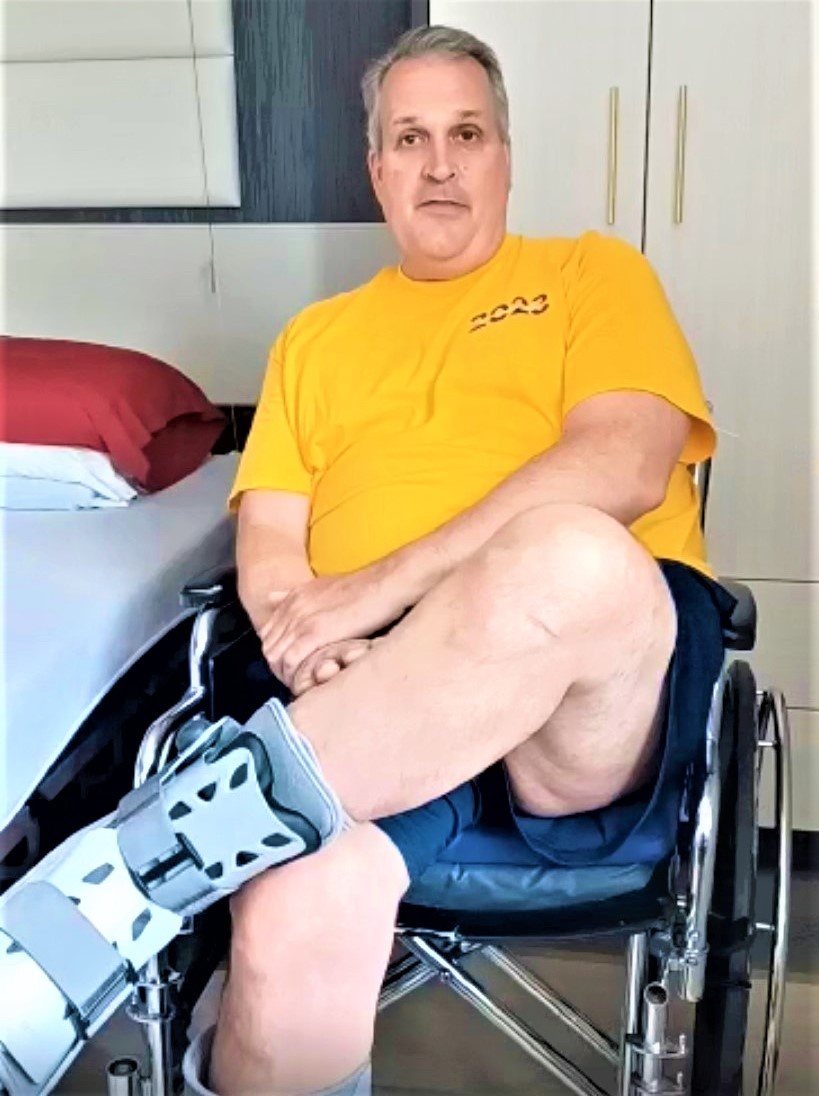Posted on April 20, 2019
Having Trouble Sleeping at Night? Luxor Nursing and Rehabilitation at Mills Pond is Here to Help
The American Academy of Sleep Medicine reports that insomnia occurs in up to 50 percent of adults. At the same time, a study conducted by the Centers for Disease Control shows between 28 and 44 percent of adults routinely get less than seven hours of sleep per night. The lower percentages are in the Great Plains and western states, while higher numbers are seen in the Midwest, northeast, and southeast.
The CDC recommends that adults between the ages of 18 and 60 get seven or more hours of sleep each night. From age 61–64, the number is between seven and nine hours, and for age 65 and older, it’s between seven and eight hours per night. The report goes on to say that if you are not feeling rested, waking up frequently during the night, or experiencing other sleep disorders like snoring, your sleep quality may be poor.
Luxor Nursing and Rehabilitation at Mills Pond wants to share these four tips that you can use to try and improve the quality of your sleep.
- Establish a Routine
Getting to bed and waking up at the same time every day will help train your body when it’s time for sleep.
- Give the Electronics a Break
The light that emits from electronics like televisions, computers, and smartphones can mess with your body clock and interfere with your body’s ability to produce the sleep hormone melatonin. Experts recommend reading under low-light levels, taking a warm bath, or listening to soothing music instead.
- Exercise By Day, Yoga By Night
Keeping a routine exercise program during the day can help you when it’s time to go to sleep. However, any strenuous exercise can keep you awake longer if you do them closer to bedtime. Some yoga (along with deep-breathing exercises) can help relax the mind and body, so that is recommended as an evening wellness exercise.
- Don’t Lay in Bed if You Can’t Sleep
Try to train your body to associate your bed with sleep. Don’t sit in bed for hours before trying to go to sleep, and if you find yourself unable to sleep for a longer-than-usual period of time, experts recommend getting up and doing light activity. Drink herbal tea, read, do some yoga, light a scented candle, or all the above, and then when you are feeling relaxed, head back to bed.
If All Else Fails, Consult Your Doctor
Having trouble sleeping is common. However, the CDC reports that around four percent of adults in the U.S. take prescription sleep medication. If you try these tips and are still having trouble getting a good night’s sleep, it’s time to talk to your doctor.



